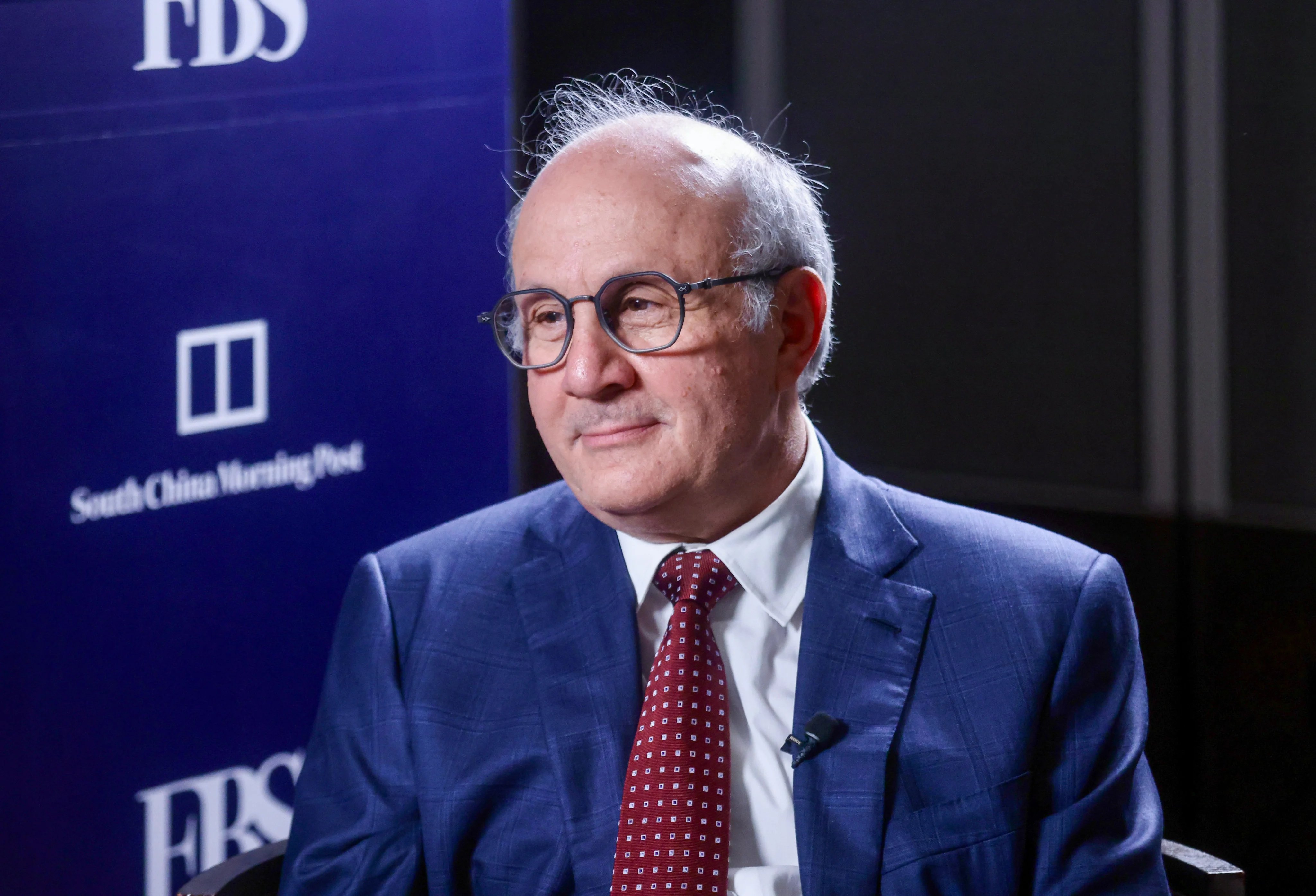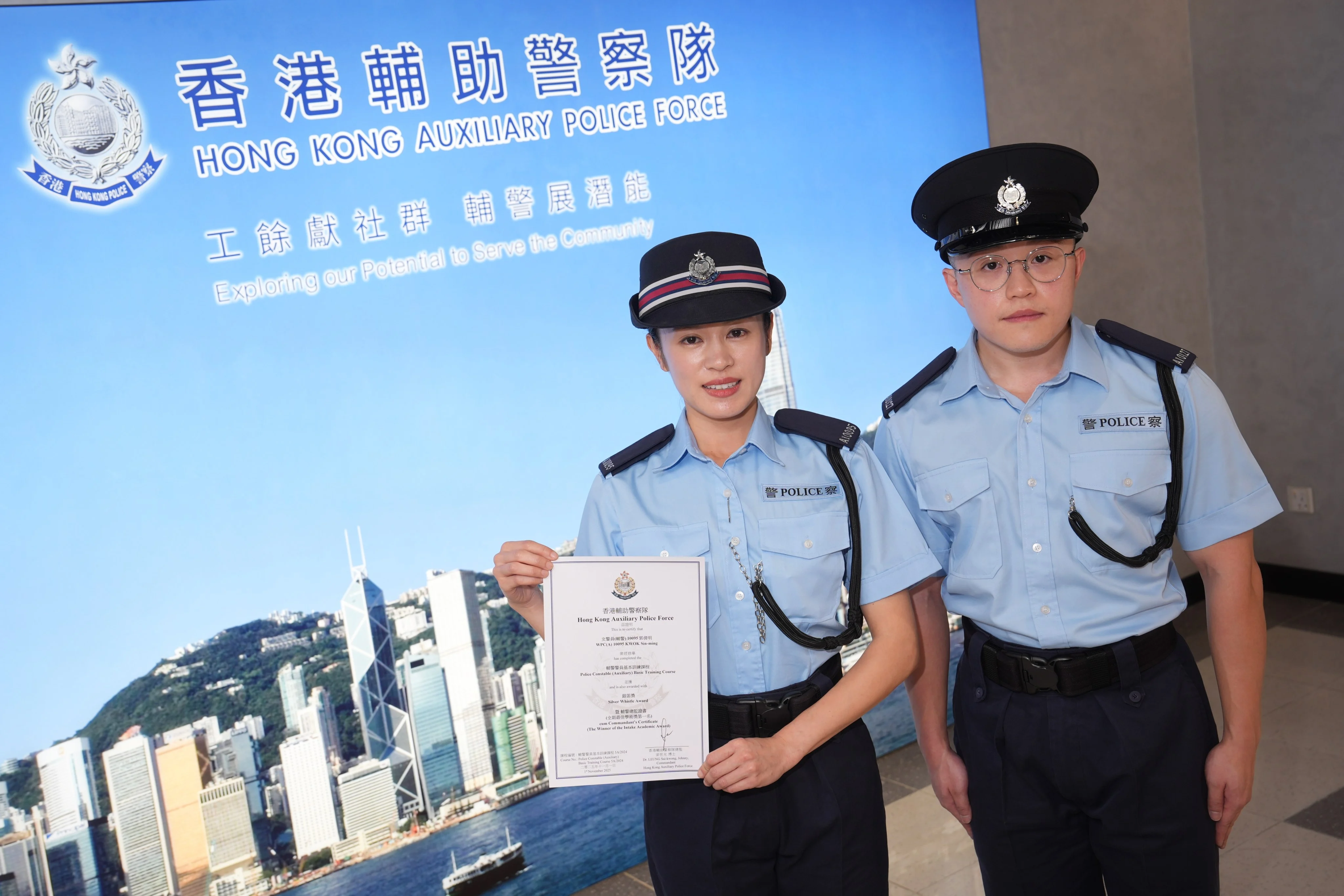Copyright scmp

Increased innovation could alleviate “involution” in China – the cutthroat, low-quality price competition in sectors ranging from electric vehicles (EVs) to food delivery that Beijing has been combating, according to David Siegel, co-founder and co-chairman of hedge fund Two Sigma. “I think that the areas where you are getting excessive competition are, in a sense, things that are somewhat more commoditised,” Siegel said last week on the sidelines of the third Family Business Summit in Hong Kong, curated by South China Morning Post and Blue Pool Capital. “If you’re really moving into the domain of far more innovative technology, something much more specialised, something that is not already ready for scale deployment, it’s a different story.” Involution, or neijuan, describes a hyper-competitive environment where individuals and businesses vie for an edge at any cost, often in saturated markets or resource-constrained settings. In China, privately owned businesses – from bike-sharing services to EV manufacturers – often engage in ruthless competition to dominate the market at unsustainable prices. The concept of involution has gained traction in recent years as a slowing economy and declining consumption have intensified competition in a range of sectors. Beijing is determined to curb this trend, with President Xi Jinping stressing the need to avoid “involution-style vicious competition” in July last year. Commenting on the issue, Siegel said, “That trend is more related to companies that are essentially scaling up production on something that many people know how to make.” “One would have to ask the question as to why people would essentially want to enter a highly competitive market. Isn’t it easier to start a company where you’re not just looking to do what everyone else is doing?” Siegel, a computer scientist, co-founded Two Sigma in 2001 with mathematician John Overdeck and Mark Pickard. The firm manages around US$75 billion in assets using quantitative strategies. In August 2024, Siegel and Overdeck stepped down from their roles as co-CEOs, although both remain co-chairmen. Having experimented with artificial intelligence since his doctoral days at the Massachusetts Institute of Technology decades ago, Siegel has approached the recent excitement around AI with caution. “The hype is absolutely remarkable,” he told Bloomberg News in 2023. In July, Xi identified AI as one of the sectors in China grappling with involution. Following a recent trip to mainland China, Siegel said he believed the country’s practical approach to AI, which focused on finding solutions to specific problems rather than pursuing overly ambitious long-term goals, was more effective. “If you’re building a humanoid robot, that is something that might be many years out into the future,” he said. “On the other hand, if you’re trying to solve a very specific problem, you can often build the technology much more rapidly and make it work.”



